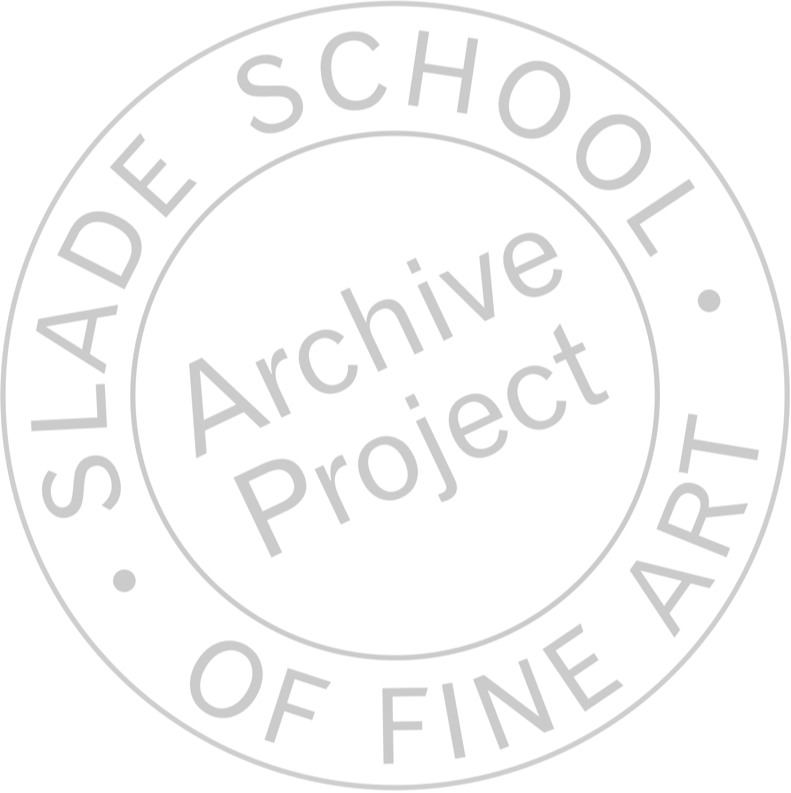Filmmaker Lorenza Mazzetti
By Slade Archive Project, on 27 February 2015
Two years ago the Slade hosted an event celebrating the work of filmmaker Lorenza Mazzetti as part of ongoing research into the history of the Slade Film Department. Organised by Brighid Lowe (Slade) and Margot Bannerman (University of the Arts, CSM) the event included rare screenings of her two London films ‘K’ (1954) and ‘Together’ (1956) and featured an extended discussion with Lorenza Mazzetti.
We’ve now published excerpts from A Conversation with Lorenza Mazzetti, a film made by Gilly Booth and Dr Chris Horrocks of hijack film production as part of the 2013 event. It is an opportune moment to revisit Mazzetti’s vision. Excerpts from her seminal film Together (1956) will be screened at the Borderlines Film Festival at Hay-on-Wye this Saturday, 28th of February. The screening forms part of a programme exploring the legacy of Britain’s forgotten female filmmakers of the ‘40s and ‘50s, presented by film historian and broadcaster Ian Christie.
Lorenza Mazzetti on Paolozzi – a filmed interview at UCL’s Slade School of Fine Art, March 2013 to accompany a screening of the Italian director’s 1956 film Together for the major retrospective Eduardo Paolozzi: Collaging Culture, at Pallant House Gallery, Chichester 2013, from hijack film production.
As a student at the Slade School of Fine Art Lorenza Mazzetti made her first film K based on Kafka’s Metamorphosis, featuring fellow student Michael Andrews as Gregor Samsa. With support from the Slade Professor William Coldstream and the director of the BFI, Denis Forman, Mazzetti was financed by the BFI Experimental Film Fund to make Together, with Eduardo Paolozzi and Michael Andrews as deaf-mute dockworkers in London’s bomb-damaged East End. Together was shown at the first Free Cinema event at the NFT in 1956. With its credo of subjectivity, poetic freedom and the elevation of the everyday, Free Cinema brought Mazzetti into contact with figures such as Lindsay Anderson, Karel Reisz, Tony Richardson,Walter Lassally and John Fletcher. In its pronounced rejection of theatrical cinematic conventions, Free Cinema’s relationship with Italian neorealism, radical British documentary and ‘Kitchen Sink’ drama, situates it at a contested but fascinating point within post–war British culture. As an Italian woman in a predominantly male domain, working at the cusp of the profound social and cultural shifts later associated with the 1960’s, Mazzetti offers unique insights into the creative and intellectual ambitions of the Free Cinema Movement in Britain. Mazzetti returned to Italy in 1956 where she made documentary films and wrote two novels. Her 1961 novel Il Cielo Cade (The Sky Falls), based on her traumatic childhood wartime experiences, was made into the 2000 film directed by Andrea and Antonio Frazzi, starring Isabella Rossellini. She worked collaboratively for many years in puppet theatre and continues to paint prolifically. London Diaries – Mazzetti’s account of her time in England was recently published by Sellario in Italy. She lives and works in Rome.
 Close
Close


